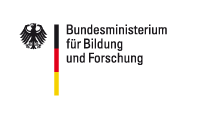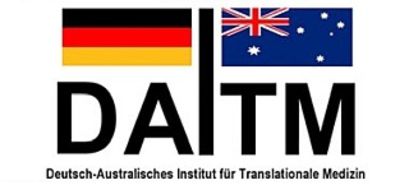Scientific Background
The future of our modern health care system lies in the effective translation of clinical and basic science. The Medical Faculty at the Technische Universität Dresden concentrates on the translation of research approaches in the areas of prevention and regeneration. The John Curtin School of Medical Research of the Australian National University in Canberra focuses their research on individualized pharmagogenomic and predictive medicine. Therefore, it seemed almost mandatory to cooperate with such an ideal partner in the Asian-Pacific region to develop a binational Institute for Translational Medicine.

GAITM founding directors Prof. Licinio (left), Prof. Bornstein (right) - © private
Project and Objectives
GAITM will not only enable us to understand and treat the global dimension of these problems but it is also the basic prerequisite for the development of significant predictive and pharmacogenomic approaches. Due to its population development the Asian-Pacific region is the most important region of the future, but lacks the embedding of translational approaches. To anchor GAITM in the long term and to archive a steady internationalisation all partners will focus on the achievement of the following milestones:
- Implementation of master course Translational Medicine within the GAITM structure
- Completion of the first project (Chinese German Australian Friendship Epigenetic Prevention Trial) in cooperation with the industry partner BGI
- Implementation of the international cooperation DIMT (Diabetes Intestinal Microbiota Triangle) between Germany, India and China
- Initiation of an international multi-centre study for the treatment of type 1 diabetes using encapsulated porcine islets
Aspects of Research Structure
The permanent adoption of the cooperation in science as well with partners from industry was achieved within the partnership of the GAITM directors and BGI Shenzen, one of the leading genome research centres worldwide. In the context of the “Chinese-German-Australian Friendship Epigenetic Prevention Trial” the high-tech infrastructure of BGI is used to analyse the influence of gastric bypass surgery on the metagenome of intestinal microbiota of patients with type 2 diabetes. The aims of the study play an important role in the treatment of those patients.










